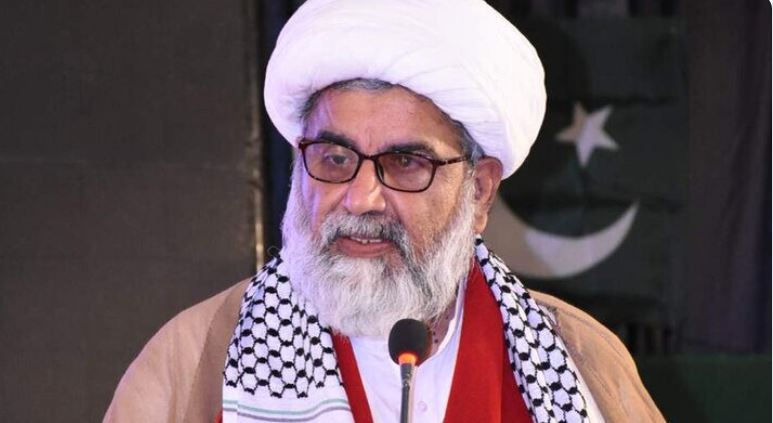Rs50b loss feared over ban on Arbaeen land route, Senate body told
Staff Report
ISLAMABAD: Senator Allama Raja Nasir Abbas on Wednesday warned that restricting Arbaeen pilgrims from travelling via land route could result in a financial loss of Rs50 billion.
The matter was taken up during a meeting of the Senate Standing Committee on Religious Affairs, chaired by Senator Atta-ur-Rehman.
The committee reviewed the recent decision to halt overland travel of Pakistani pilgrims through Afghanistan en route to Iran and Iraq for Arbaeen, a major Shia religious pilgrimage.
Senator Raja Nasir Abbas – who represents the Majlis Wahdat-e-Muslimeen (MWM) – strongly objected to the decision, claiming that the move would not only affect pilgrims but also cause heavy financial losses to tour operators and the economy.
“Is it not the government’s responsibility to facilitate citizens in performing their religious duties?” he questioned, adding that thousands had already made payments to bus operators for the pilgrimage. “If pilgrims have to opt for alternative air or sea routes, the cost could rise by an additional Rs48 billion,” he claimed.
The senator also pointed out that Mashhad in Iran could be accessed quickly through Kabul, suggesting the government explore safer alternative routes by land or even consider opening sea routes for pilgrims.
Responding to the concerns, Secretary Religious Affairs stated that there was no formal ban on pilgrims, but highlighted serious security risks associated with travelling via Afghanistan.
“The interior ministries of Pakistan, Iran, and Iraq have jointly agreed to revise the routes due to security concerns,” he said, adding that sea routes had also been under consideration.
“We are fully supportive of the pilgrims,” the secretary assured, emphasizing that the decision was made in consultation with the relevant authorities, including the ministries of interior from all three countries.
However, Senator Raja Nasir Abbas maintained that the Ministry of Religious Affairs must play a more proactive role, instead of relying solely on interior ministries. “Religious matters should be handled by the concerned ministry, not the interior ministry,” he asserted.
He also criticised the government for not taking stakeholders, particularly tour operators, into confidence while drafting the new travel policy. “Why weren’t the tour operators consulted before such a critical decision?” he asked.
In response, Federal Minister for Religious Affairs Sardar Muhammad Yousuf assured the committee that the matter would be revisited. “We will engage with tour operators and ensure all possible options are explored to facilitate the pilgrims,” he said.
Arbaeen, observed 40 days after Ashura, marks the martyrdom of Imam Hussain (A.S) and is among the largest religious gatherings in the world, with millions of devotees making the pilgrimage annually, particularly to Karbala in Iraq.



